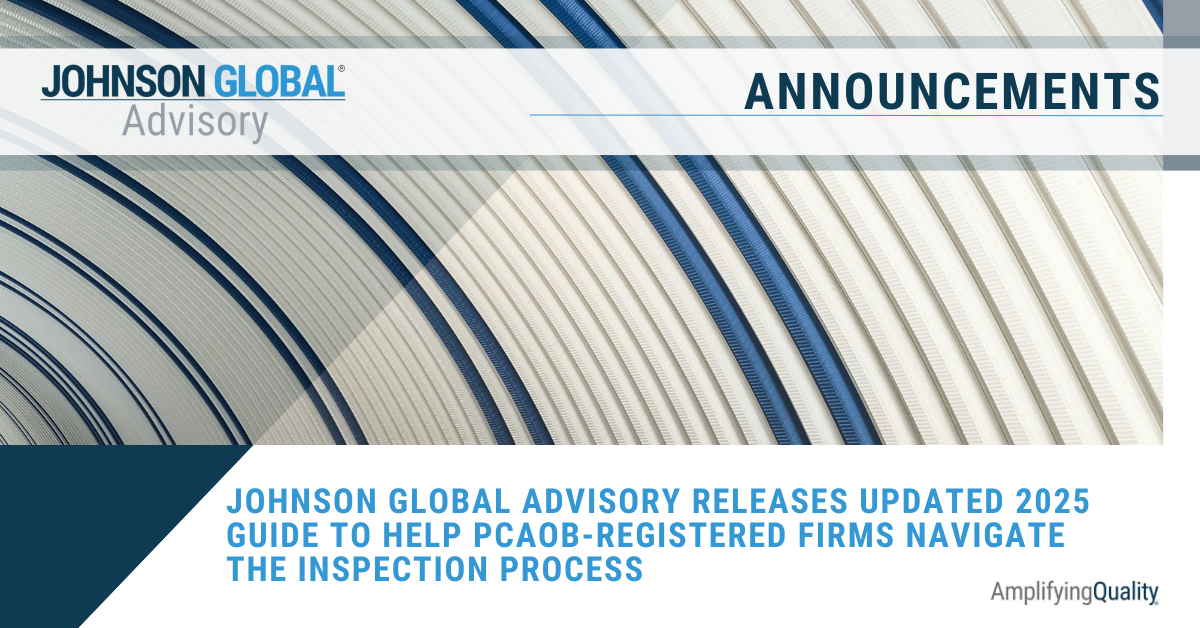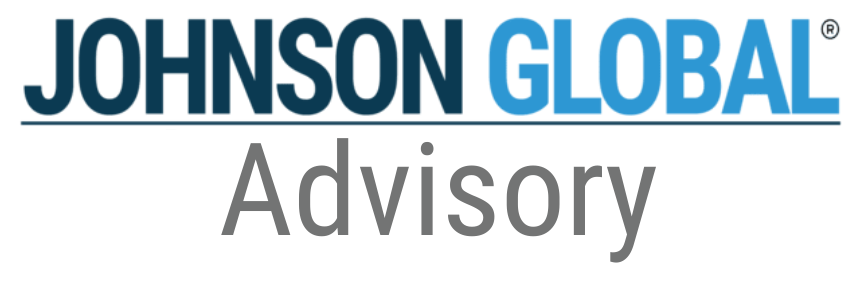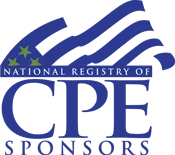Keeping up with Technology: Aligning Career and Training Paths of IT Auditors

Companies of all sizes are spending money and allocating significant resources to implement more complex financial reporting applications. The adoption of new technology systems has accelerated in recent years to a point where we see many small and mid-size companies taking advantage of new software and applications previously adopted only by their much larger counterparts. We know that it is becoming almost impossible to audit many companies without having controls over systems and the information produced from those systems. We sometimes hear audit teams say the new system did not change anything associated with financial reporting. This can quickly be challenged with a simple question ‘why did the company spend resources and money to maintain the same manual process and controls as before?’
Now more than ever, it is important that auditors understand and consider the impact of technology on financial reporting. It is critical for all audits, not just those that test internal controls over financial reporting. But, in our work with firm leadership and their engagement teams, we have seen that this opportunity to improve audit quality is made more difficult because IT auditors tend to be segregated from the rest of the audit team. In addition, we have seen cases where the performance goals of an IT auditor are aligned differently than their financial audit peers. These are important issues that we are working to address in the quality control systems and audit rooms of our clients.
Here are some solutions that audit quality leaders at firms should focus on changes to bring the teams into closer alignment.
Develop a robust IT Audit Program and Career Path
Historically, a deep technical understanding of systems has not been part of the financial statement audit. Therefore, it makes sense that the traditional career for auditors does not always allow professionals to gain specialized knowledge in new technologies, advancements and processes. Most IT audit groups or practices are loosely tied to the core audit team. Even if firms say “the IT audit group is part of audit” a few quick questions will reveal their goals and key incentives are often tied to revenue outside of ICFR audits. Teams tend to be part of larger consulting practices with conflicting demands resulting in IT auditors prioritizing more lucrative projects over ICFR IT audit work.
Traditional audit resources at public accounting firms follow the new hire to partner career trajectory. Currently, the audit work is structured to use this career path to train, develop, and promote the staff resources which maintains a focus on the busy season cycle which serves a client or a group of smaller clients through the annual audit cycle.
Firms should consider these steps when evaluating their IT audit needs:
- Evaluation – Take stock in complexity of systems used by all of your audit clients.
- Inventory – Take an inventory of the firms’ IT audit skills.
- Planning – How many IT auditors should your practice have?
- Survey – Ask team members if they are interested in an IT audit career trajectory.
We have seen these exercises are useful not only to understand gaps between talent and client needs, but also in preparation for upcoming quality control standards.
Design a Training Program and Path
Traditionally, IT auditors have a technically diverse background which includes accounting and audit experience related to internal controls. The IT auditors also incorporate technical experience that is often tied to specific systems or applications. IT audit skill sets are rounded out by solidifying knowledge related to testing IT general controls, including automated functionality that companies implement to process transactions for financial reporting. These skills cumulate into an auditor that has specialized knowledge of how companies are using and controlling the accounting information system to support key aspects of financial reporting.
We have found that some of the strongest IT auditors start out as core audit team members that are trained to focus on the IT aspects of the financial audit. This might be different from your regular IT consulting professionals that performs IT audit support. Moreover, this diversity of skill sets at the core team level has resulted in the best integrated team.
Firms should consider developing a separate track within the audit practice for IT auditors focused on financial statements. Ideally, the path should start at the associate level with a planned career path to partner. Associates looking for an alternative to the traditional audit progression can sign up (or be tapped) to specialize in this important and growing area of need. They should still be trained in the traditional audit process, but with these additional IT trainings.
Plan for the future
Technology is not going away; it is only going to get more complicated and more embedded. As we continue to discover new ways to connect and assemble our audit teams using technology platforms and creating virtual audit groups, we should also seriously consider how to hone and develop our IT audit skills and professionals.
Take this opportunity to start a strong pipeline of dedicated IT audit professionals that assist our teams in asking the right questions, consider the right controls and innovate the audit process at the core team level. As someone very smart once said, the best time to plant a tree was 20 years ago, the second best is now. Start building your pipeline of skilled professionals now, to support your firm needs today and into the future.
Joe Lynch is a Managing Director at Johnson Global Accountancy who works with public and private companies, and public accounting firms to implement and integrate technology into financial processes and improve the audit integration of engagement teams which enhances financial reporting and audit quality. With over 17 years of experience in the auditing industries with a focus on technology, and over 6 years at the PCAOB as an Information Systems Inspection Leader. Joe has supported companies and firms with IT strategic initiatives ranging from implementing the strategic framework for technology departments to leading implementations of ERP and other systems.










Johnson Global Advisory
1717 K Street NW, Suite 902
Washington, D.C. 20006
USA
+1 (702) 848-7084

